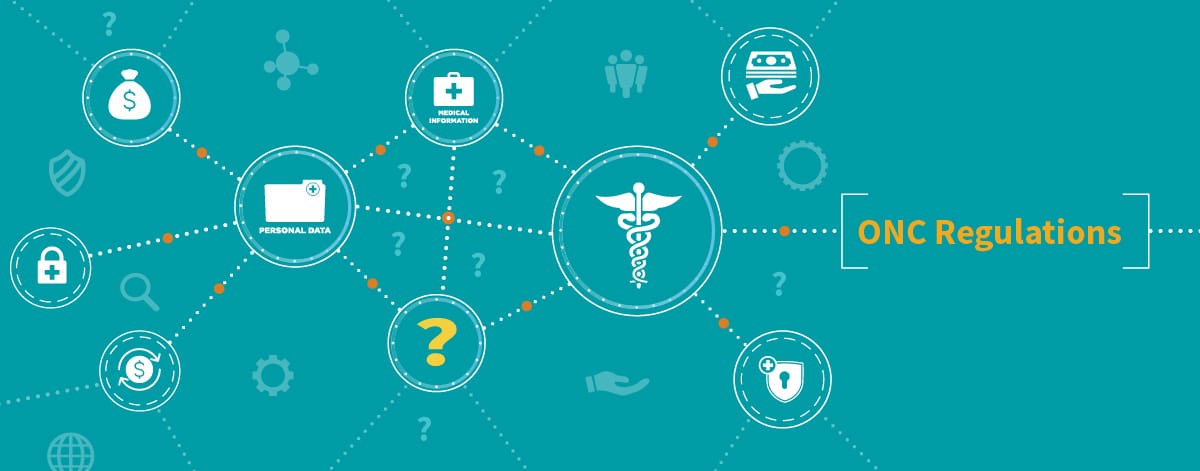The ONC Doesn’t Address Financing for Data Interoperability. It Needs To.
In the dot.com era, I worked for a technology company that helped online retailers securely process credit card payments. We provided a toolkit for web developers, so their sites could accept standardized card information from consumers. After authorizing them to our servers, we exchanged payment transactions on the backend with the payment card industry’s established payment processing infrastructure. The network charged a nominal transaction fee; we added a small transaction fee on top of that; and online merchants paid this fee from proceeds for the goods and services they sold to consumers.
These steps were essential for paving the last virtual mile between consumers and retailers. In healthcare, data interoperability isn’t limited to paving the virtual last mile because the standards for data interoperability’s infrastructure are still being codified. Setting these standards, and creating guardrails to protect public and private investments in the nation’s health IT infrastructure, are the point of the Cures Act’s provisions for modernizing health information technology. The ONC’s recently proposed rules on data interoperability and its health IT certification program would set these standards and guardrails for the immediate time, informed by industry engagement and consensus around the technical components of data interoperability. Alongside these standards sit the proposed information blocking rule, which takes aim at documented business and technical practices that have thwarted effective data interoperability.
Under the proposed rule, health care providers could be penalized if they know, or should know, that they engage in a practice that is likely to interfere with, prevent, or materially discourage the access, exchange, or use of electronic health information. There are exceptions for reasonable and necessary activities. Promoting privacy and security are examples of reasonable and necessary activities. However, to prevent these and other enumerated exceptions from serving as a pretext for information blocking, health care providers would have to satisfy detailed conditions and requirements, which would contribute to health care providers’ compliance burdens and costs.
While the information blocking rules may deter a documented list of information blocking activities, the ONC doesn’t address the foundational lack of economic incentive for the creators of clinical health information. For the last virtual mile of data interoperability to flourish in healthcare, the creators of clinical health information need to be proactively and positively engaged in facilitating health information exchange.
Content creators (the health care practitioners) are highly trained professionals. The information they create is complex and heterogenous. Much of it is unstructured. It has to be protected from unauthorized uses and disclosures. Messing it up or misunderstanding its context can endanger lives. They bear direct and indirect costs to create and maintain this content, and prepare it for data exchange. If we want an e-revolution to happen in healthcare, we have to figure out how to compensate health care providers for these costs. Just wielding a regulatory stick to induce health care organizations to build this virtual last mile is not an effective way to realign incentives.
One thing that the payment card industry got right when it created a the payment card processing infrastructure is that it aligned the rules with economic incentives. Transaction fees support the infrastructure. In healthcare, transaction fees could also be used to induce health care providers to prepare their clinical health information and systems for data exchange. The ones that actively encourage the data exchange would receive more transaction fees, to offset the cost of their health IT investments.
Maybe there is room for a centrally managed governing authority that allows health care providers to define industry-wide transaction fees for health care providers. The fees could apply to USCDI-compliant records when they are exchanged over approved health information networks. Think of it as the MasterCard or VISA equivalent in healthcare. This would incentivize providers to promote data interoperability, and offer a carrot to complement the “stick” implied by the Cures Act’s prohibition on information blocking.


